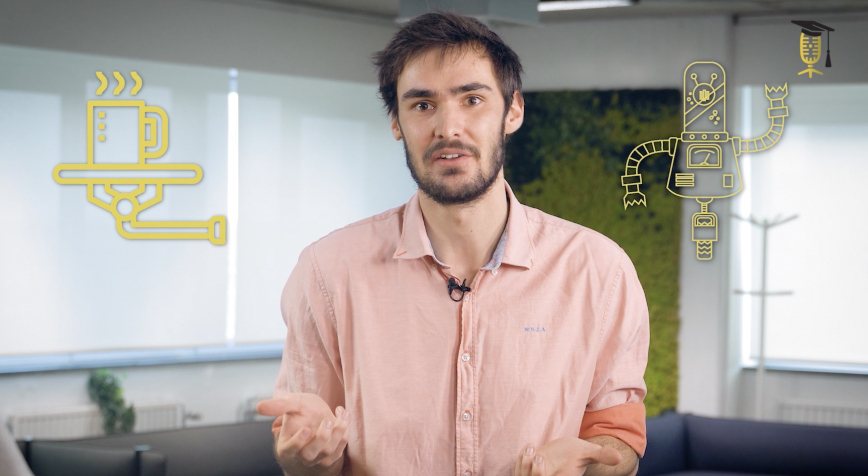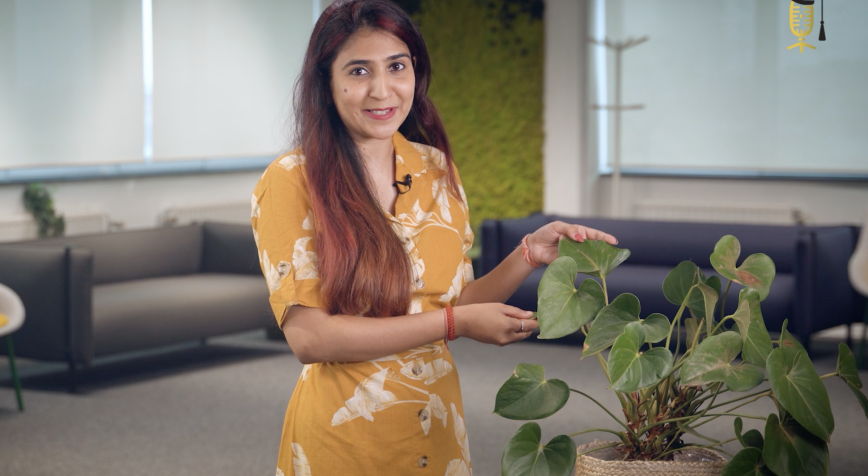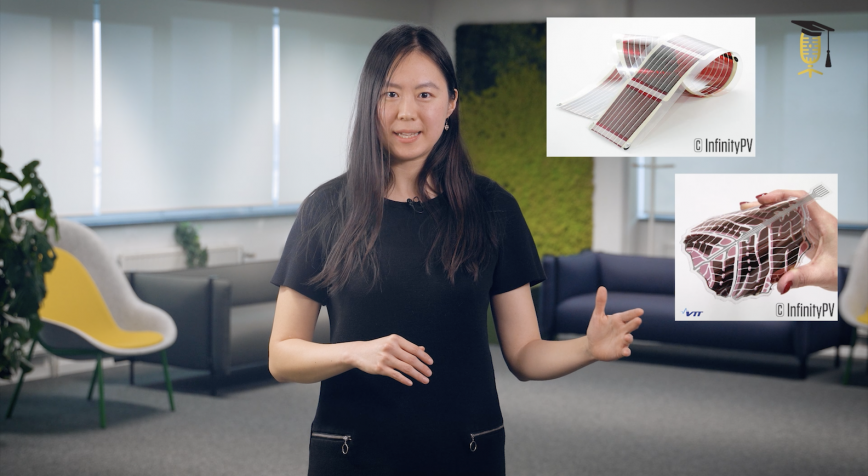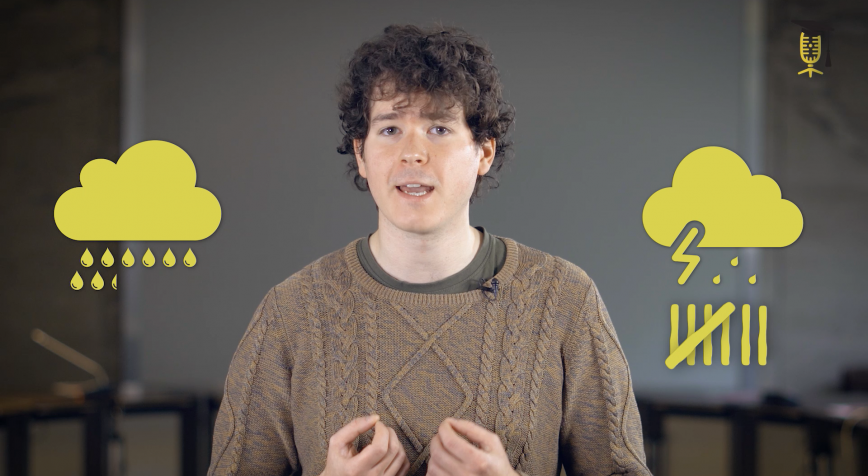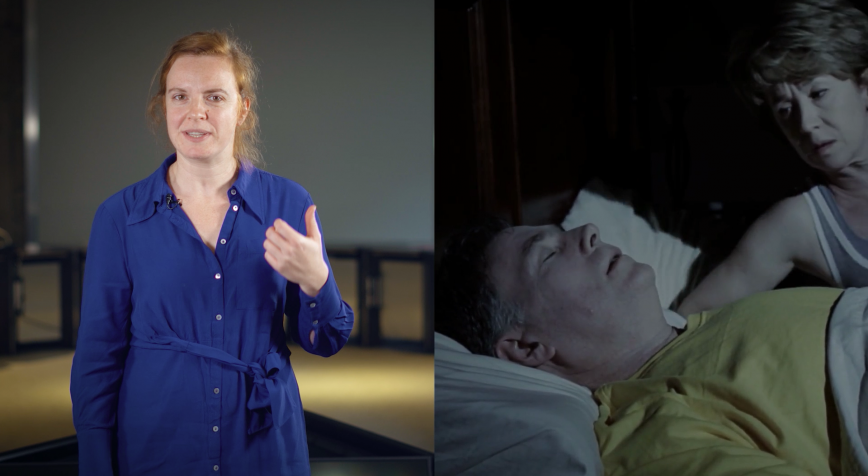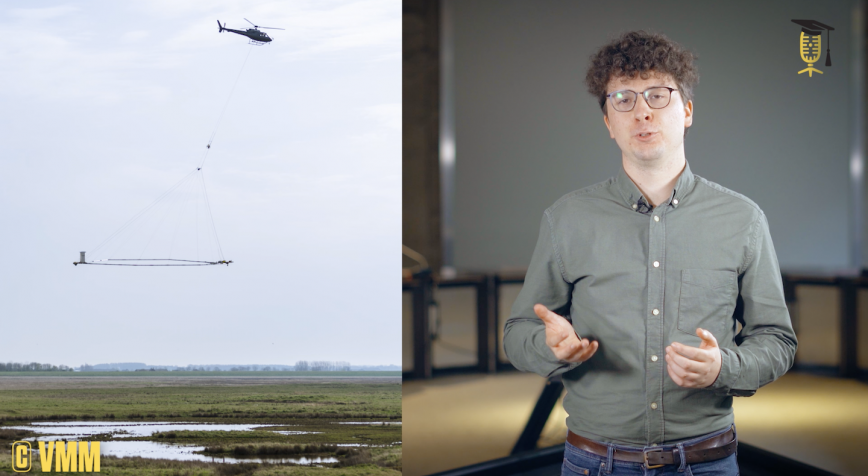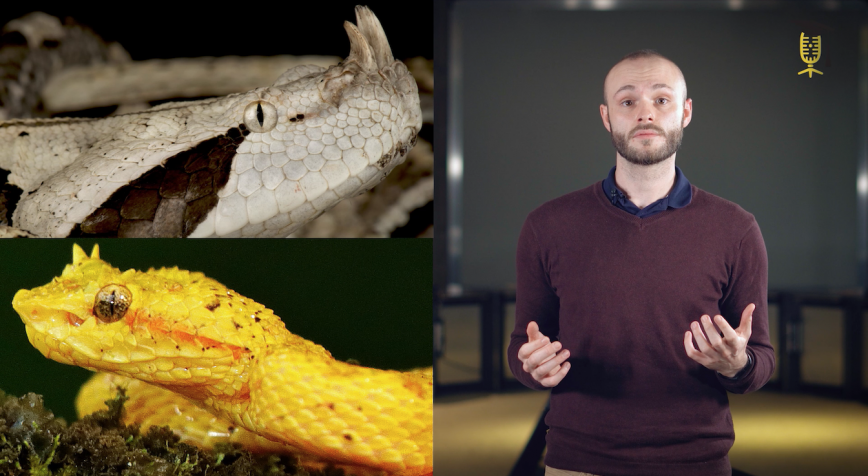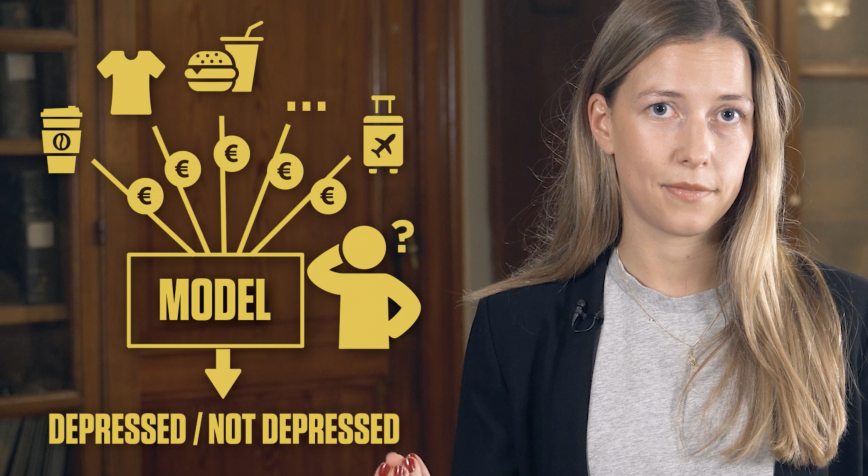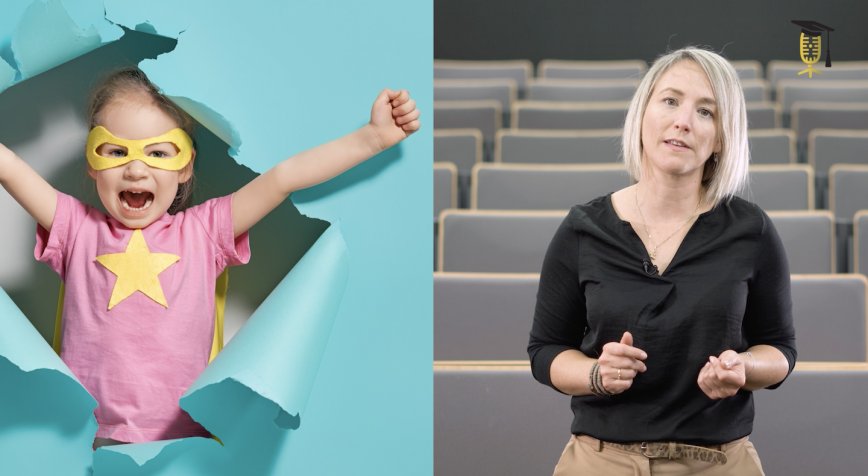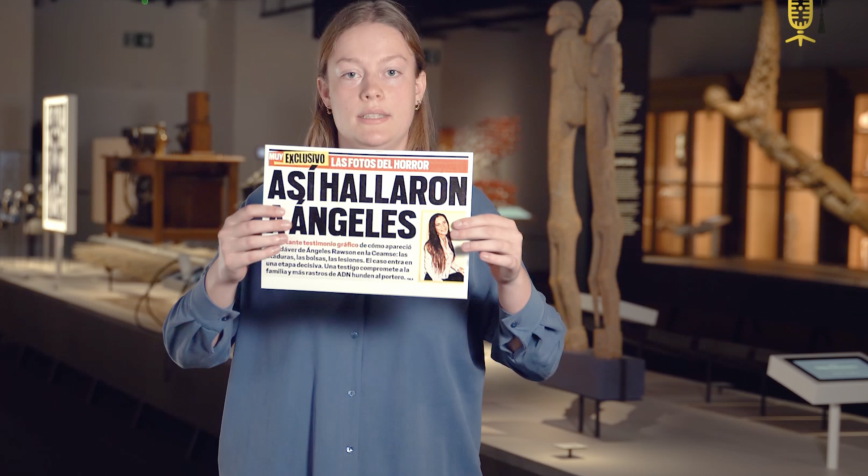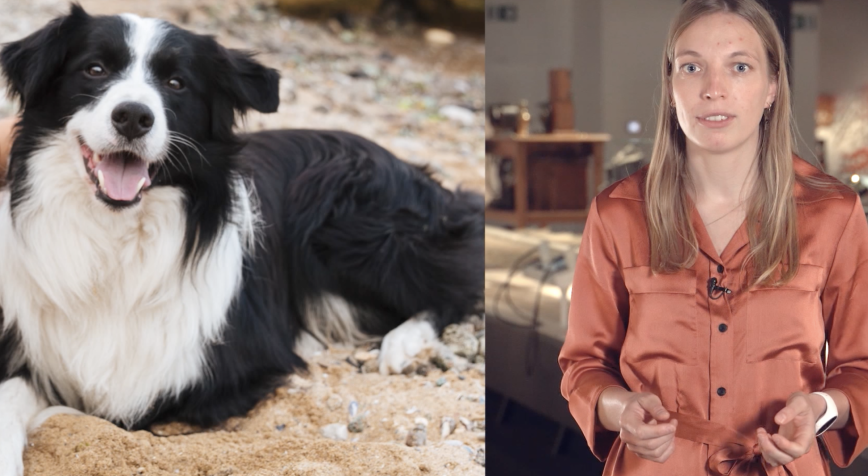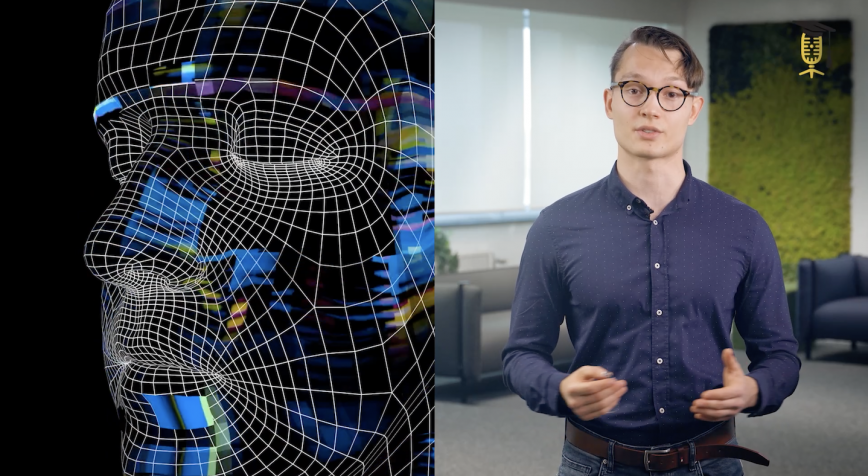
imec
Perovskite lasers can lead to exciting new applications
Lasers are not just toys to entertain cats. They can be found in many applications, such as scanners in supermarkets or for facial recognition on your latest smartphone. But there are even more fascinating innovations ahead of us ... if we can build even better lasers. That's what Iakov Goldberg (KU Leuven - Imec) is hoping to achieve. Can you believe that some of these novel perovskite lasers are assembled very similar to how you prepare your breakfast sandwich? 🥪
